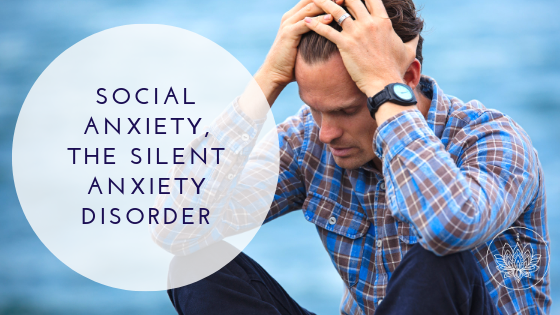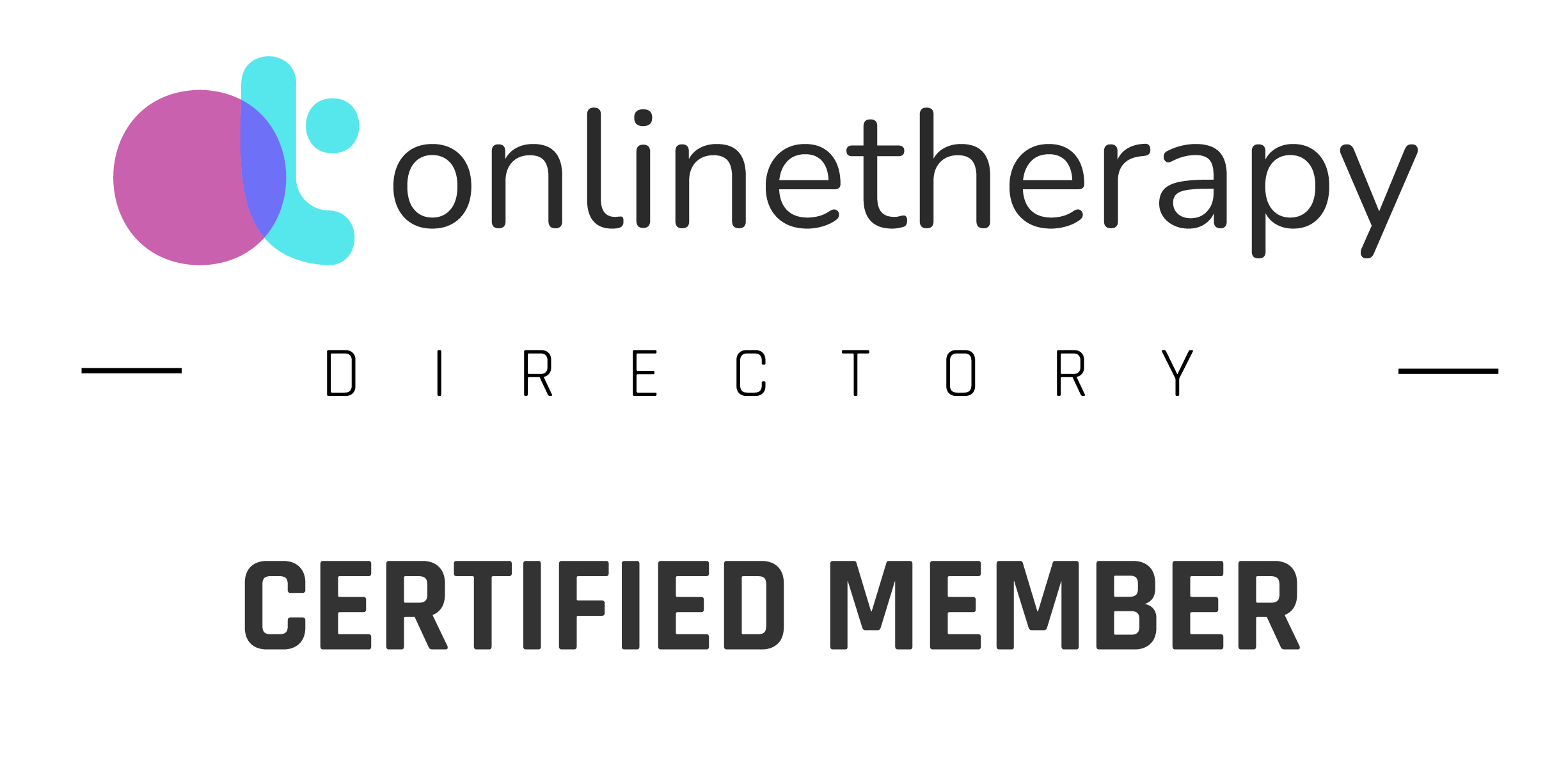Ever heard of social anxiety? Anxiety, yes. But, social anxiety? Not so much. Yet, Social Anxiety Disorder (a.k.a social phobia) is currently the third biggest mental health issue in the world. That translates into at least 7% of the population, at any given time, who struggle with this disorder. If it’s not you perhaps, after reading this article, you’ll begin to pick up the symptoms in someone you know.
What is Social Anxiety?
In a nutshell, social anxiety is the fear of social settings which require interacting with others. This fear is based on possible negative judgments and evaluations that may be made by other people. Although still largely unknown, those who are affected by social anxiety experience it as an ever-present disorder, which usually results in fear and anxiety across all areas of their life. Those in the know, however, view it as a chronic disorder in the sense that it does not simply go away on it’s own. In order to overcome social anxiety, the person affected needs to undergo one-on-one cognitive-behavioural therapy. This, and only this, is able to adjust the brain into new, healthier ways of thinking.
What are the Symptoms?
Those suffering with social anxiety are usually viewed, by oblivious outsiders, as shy, quiet, backward, withdrawn, inhibited, unfriendly, nervous, aloof, or disinterested. In contrast, people affected with social anxiety still wish to be social and be included. The unwanted fear that envelops them, however, at the thought of being social, is what often causes them to retreat and turn down these invitations.
The following social settings have been found to initiate intense anxiety in people struggling with this disorder:
- Introductions to new people
- Teasing or criticism directed at them
- Being the center of attention
- Having someone / people watch them do something
- Public speaking
- Interacting with authoritative figures
- Swallowing / writing / talking / or making phone phone calls in front of others
When faced with any of the above situations, people with social anxiety will usually experience one (or all) of the following:
- Feeling insecure and out of place
- Feeling embarrassed
- Struggling to meet people’s eyes
- High levels of fear / anxiety / nervousness
- Automatic negative emotional cycles
- Increased heart rate
- Blushing
- Uncontrolled perspiring
- Dryness in throat and mouth
- Trembling and muscle twitches
How is Social Anxiety Treated?
Those affected by social anxiety, like with most mental illnesses, realise in their more rational moments that their fears regarding social situations are largely illogical. Rationally, they don’t make sense. Yet, like with other mental illnesses, when the fear strikes, no matter how illogical it may be, the feelings evoked are very real. Not only are they very real, but they are persistent and ever-present.
If, throughout this article, you have felt as though we are describing you, or someone close to you, we at Mind and Body Counseling Associates, Reno, Nevada, would love to help. Research into the workings of social anxiety, performed over many years, has concluded that only proper dynamic, organized cognitive-behavioural therapy will work to relieve someone of this disorder. Our counselors specialise in this form of treatment and know all about the ins and outs of this illness, even if the rest of the world doesn’t get it. Click here to find out more, or make an appointment today.


